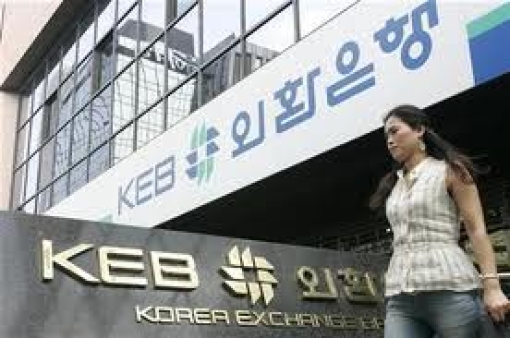
Lone Star's eligibility as KEB owner scrutinized
Lone Star's qualification to hold more than a 4 percent stake in Korea Exchange Bank is under review.
Kim Seok-dong, chairman of the Financial Services Commission, told lawmakers its executive body, the Financial Supervisory Service, plans to report the result of the review to it before the FSC gives approval to Hana Financial's impending purchase of KEB.
Lone Star bought KEB in 2003 as it was then recognized as a financial industry player allowed to buy 10 percent or more of a local bank by law. It is set to wrap up a deal to sell a 51.02 percent stake in South Korea's No. 5 bank to Hana Financial Group, which hopes to get regulatory approval by the end of this year.
The watchdog's review comes amid mounting controversy that Lone Star should be reclassified as a non-financial player and should have been barred from buying KEB eight years ago.
Under local banking law, a company is classified as an industrial group or a non-financial player if more than 25 percent of its capital is invested in non-financial firms or its assets in such firms top 2 trillion won (US$1.73 billion).
A non-financial player cannot hold more than a 4 percent stake in a bank. Critics said if Lone Star is classified as an industrial capitalist, its 2003 deal to buy KEB should be ruled as illegitimate at the first place.
Market watchers said even if Lone Star is concluded to be a non-financial player, its contract to sell KEB to Hana Financial does not seem problematic as the private equity fund can dispose of any stake exceeding the 4 percent.
Earlier this month, Hana Financial Group agreed with Lone Star to cut the price of buying KEB by 11 percent to 3.92 trillion won, paving the way for the U.S. buyout fund to exit from the Korean market.






















 Advertise
Advertise








